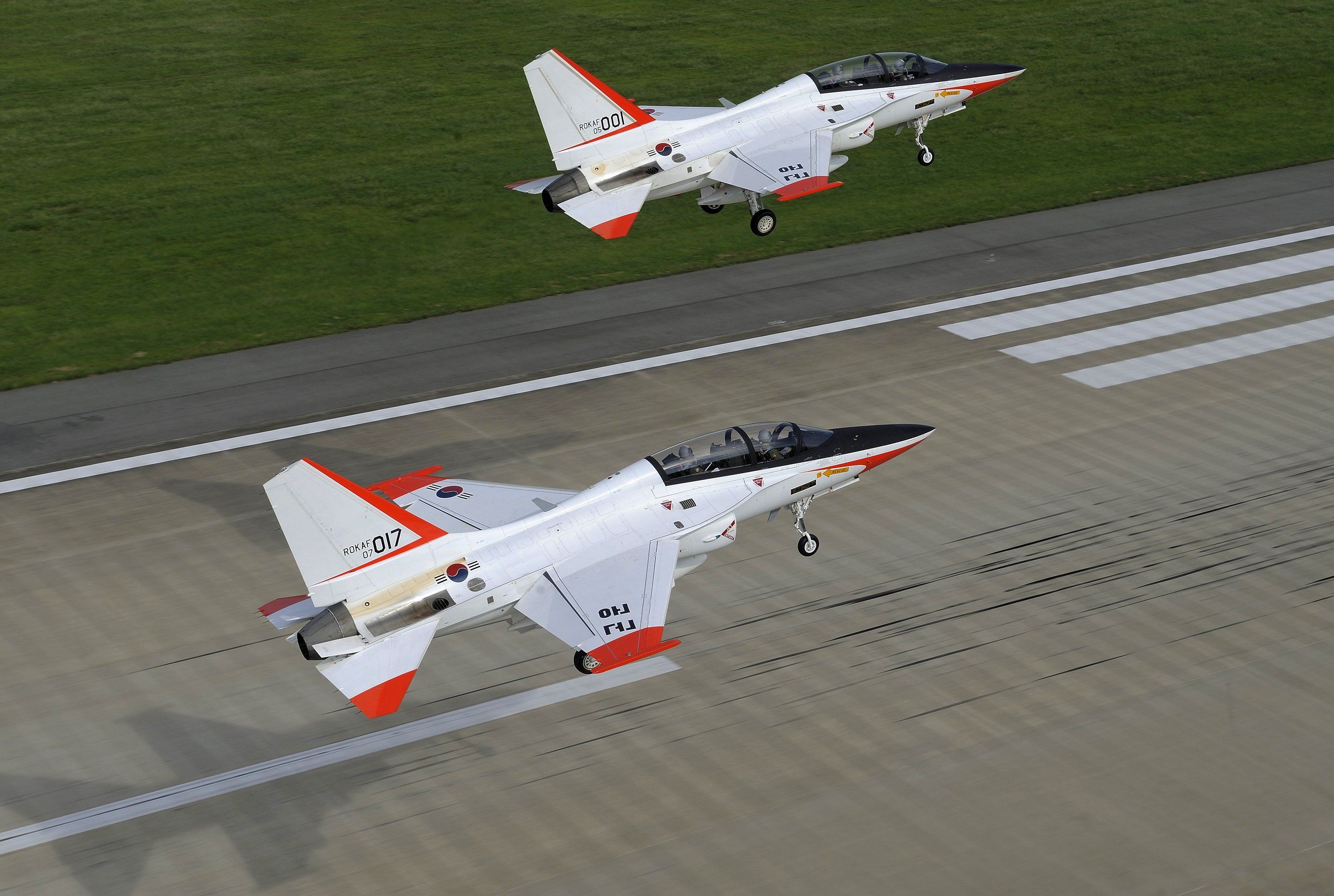Hard Numbers: US bombers soar in Asia, Bolivia’s car theft culture, deafening penalties for 3M, Europe’s Russian gas habit persists
20: Up to 20% of Bolivia’s cars are stolen from Chile, and there is a whole TikTok subculture, replete with its own music, of thieves doing stunts as they drive them across the desert that spans the border between the two countries. Ordinary Chileans are now using AI to try to crack down on the thefts.
6 billion: What’s that you said? 3M, the US consumer goods giant that makes everything from chemicals to plastics to Post-its, has agreed to pay $6 billion to US veterans and servicemembers who say the company’s earplugs failed to protect them from hearing damage. It’s the largest settlement of its kind in US history.
40: The EU’s imports of Russian Liquefied Natural Gas have jumped 40% this year, hitting record volumes. The bloc largely cut imports of piped Russian gas after the invasion of Ukraine and has promised to swear off Russian fossil fuels entirely by 2027, but the transition isn't easy. Still, the EU used to rely on the Kremlin for half its gas, now it’s less than a quarter.
